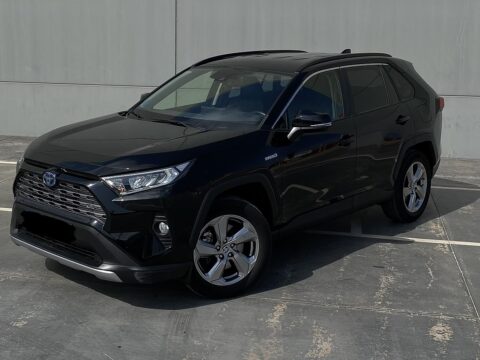Modifying off-road vehicles is a passion for many enthusiasts, allowing them to push the limits of performance and tackle challenging terrains. From lift kits and oversized tires to custom suspension setups, these modifications offer a chance to personalize and enhance the vehicle’s capability. However, while the thrill of building a highly customized rig is undeniable, it’s not without its challenges. Whether upgrading for rock crawling, mudding, or overlanding, each modification brings its own frustrations and unexpected consequences that can make off-roading more complex than anticipated.
Modifying an off-road vehicle from poor installations to legal restrictions can quickly become a headache if not done carefully. Balancing performance improvements with practicality, safety, and even environmental responsibility is crucial. While some enthusiasts dive headfirst into aftermarket parts, many soon discover that too many upgrades can lead to mechanical problems, increased costs, and diminished enjoyment. Before diving into your next project, it’s essential to understand the common annoyances you may encounter along the way.
Contents
Poor Installations
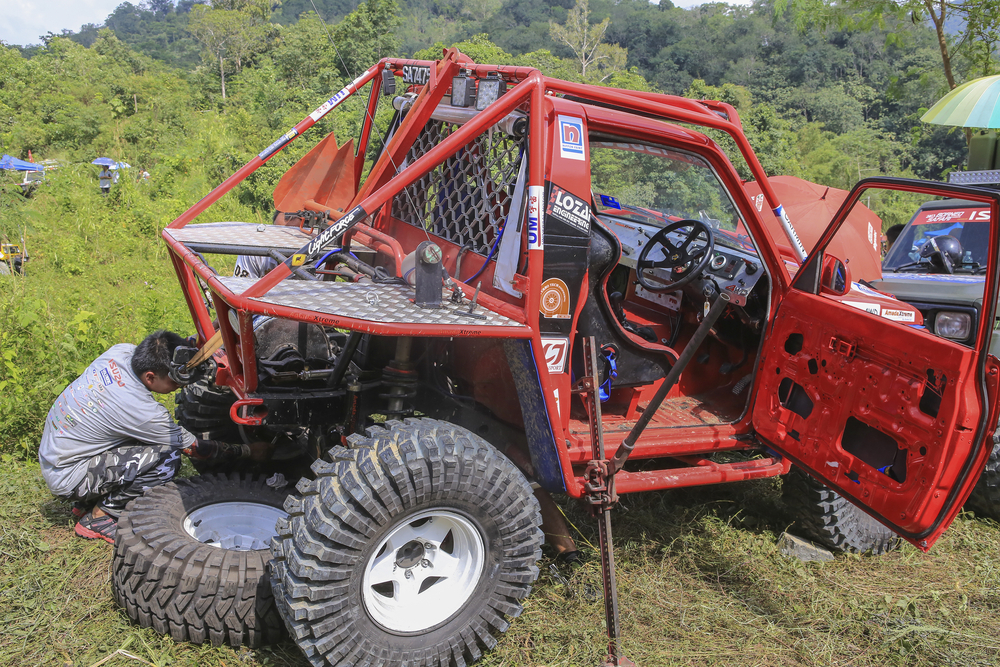
Many aftermarket modifications require professional-level skills, but DIY enthusiasts may attempt them with limited experience. Poor installations can result in mechanical failures, reduced vehicle safety, and poor performance in harsh conditions. Aligning parts improperly or using low-quality components increases the likelihood of breakdowns, emphasizing the need for professional installations or thorough research before embarking on complex modifications.
Cost
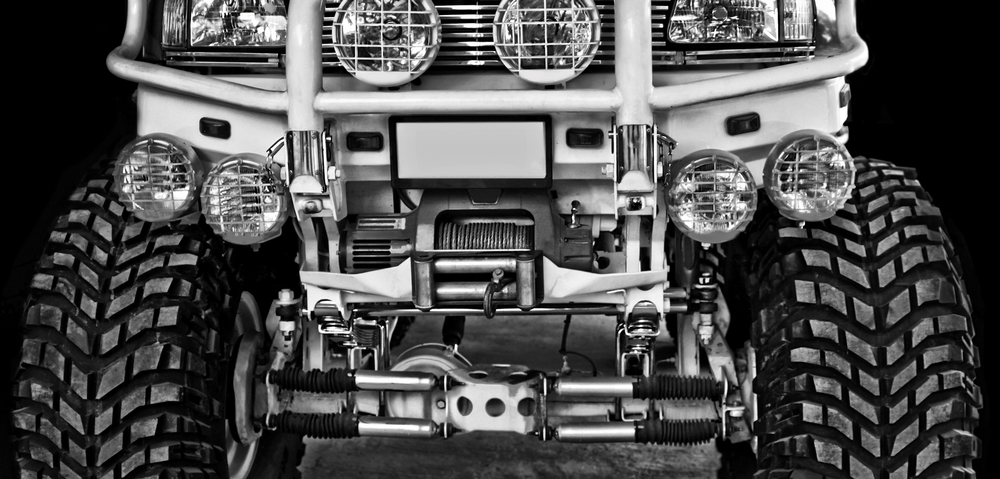
Modifying off-road vehicles can be extremely expensive, especially with the rising prices of aftermarket parts and custom work. Costs can escalate quickly when considering not only the parts themselves but also installation, tuning, and repairs. This highlights the need for careful budgeting and the potential benefits of prioritizing essential upgrades over purely aesthetic changes. Financial overextension can lead to unfinished or unreliable builds.
Over-modification

Adding too many upgrades can result in an imbalanced vehicle, often leading to handling issues, reduced performance, and a confusing jumble of systems. Over-modified vehicles can become difficult to manage in real-world off-road situations, making them less functional despite the investment. Striking a balance between functionality and flair is critical to ensure that modifications enhance rather than detract from the vehicle’s off-road capabilities.
Terrain-Specific Problems

Off-road vehicles are often modified for specific types of terrain, such as rock crawling, dunes, or mudding. However, terrain-specific modifications can limit a vehicle’s versatility. A build that performs well in the desert may struggle in forested or rocky areas. This creates frustration when encountering varied environments, underlining the importance of customizing with flexibility in mind rather than tailoring a vehicle too narrowly for one type of terrain.
Complexity

The more parts and systems you add, the more complex the vehicle becomes. This increased complexity can make troubleshooting issues more difficult, especially in remote locations where professional help is unavailable. A vehicle with too many add-ons might be more prone to electrical and mechanical failures, which can compromise the reliability essential for long, rugged expeditions. Simplicity often wins out in extreme conditions.
Weight Increase
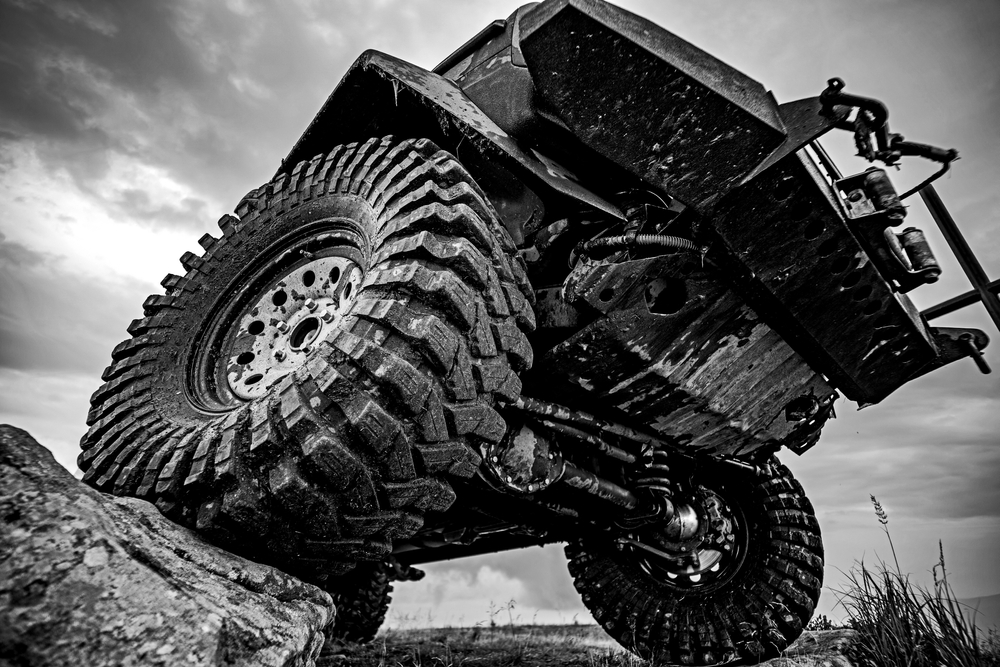
Every modification adds weight to the vehicle. Over time, the cumulative weight can impact handling, reduce fuel efficiency, and stress the suspension, axles, and drivetrain. Heavier vehicles may also easily sink into soft terrain, making off-road travel more challenging. Weight management ensures that upgrades don’t compromise the vehicle’s overall performance and agility.
Fuel Consumption
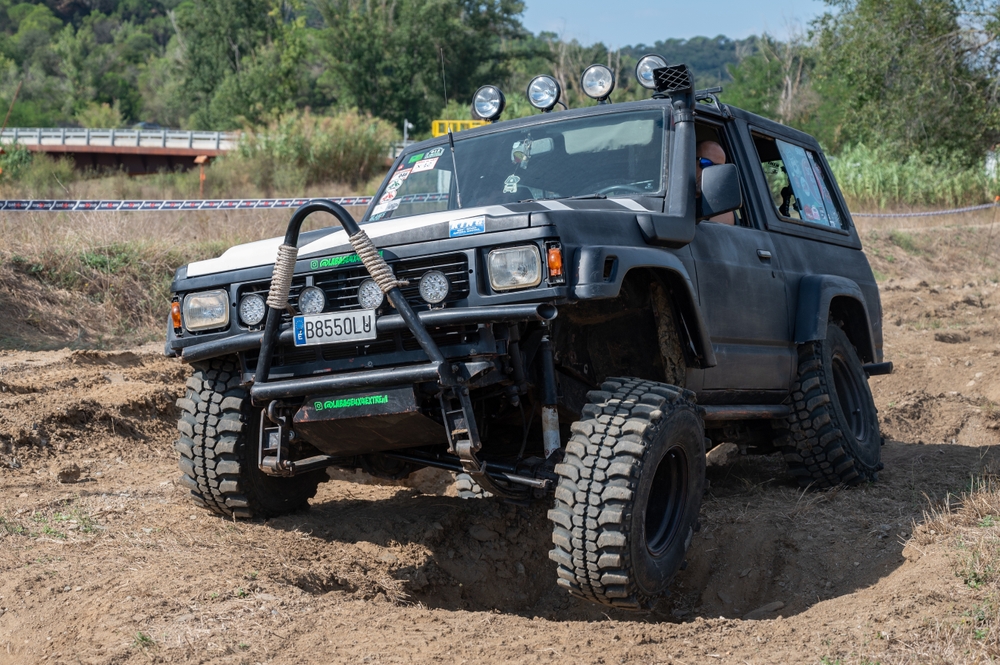
More power and heavy modifications can lead to increased fuel consumption. Off-road vehicles already use more fuel due to their lower fuel efficiency compared to standard vehicles. Larger tires, lifted suspensions, and heavier accessories like steel bumpers or winches will further exacerbate fuel use, which can be problematic on long trails or in remote locations where fuel stations are scarce. Sustainable modifications that improve efficiency should be considered where possible.
Environmental Impact
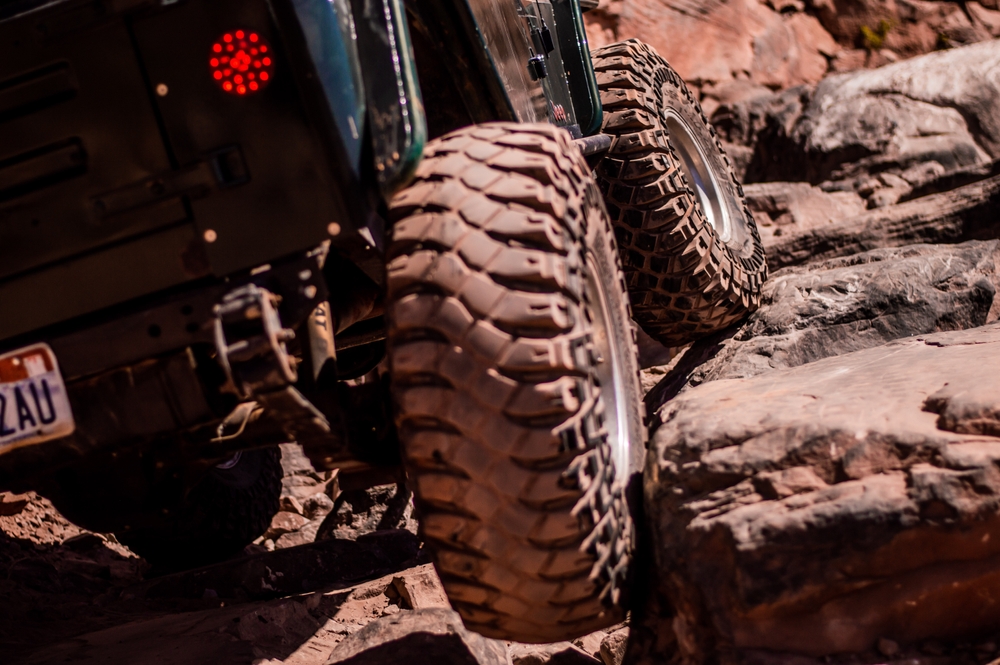
Aggressive modifications can have a negative environmental impact, not only through increased fuel consumption but also through the destruction of ecosystems in off-road environments. Larger tires and lifted suspensions can damage sensitive terrain more severely than stock vehicles, and noisy exhaust systems can disturb wildlife. Enthusiasts need to be mindful of how their modifications impact the natural surroundings and should aim to tread lightly, adhering to responsible off-roading practices.
Legal Restrictions
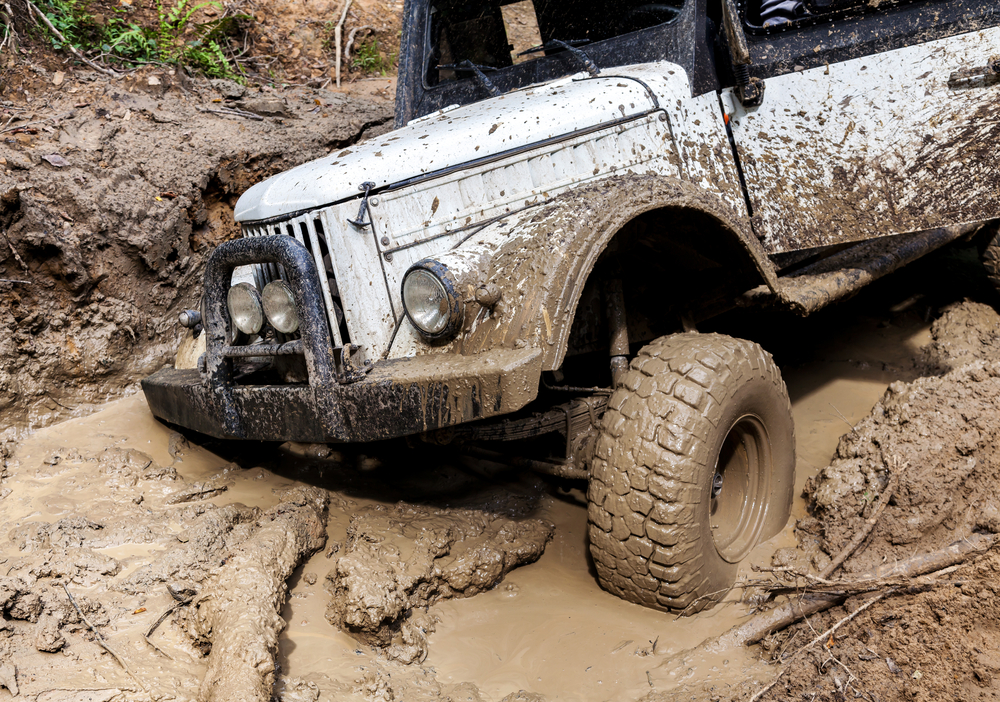
Many modifications that improve off-road performance may run afoul of local laws and regulations. Lift kits that exceed height limits, tires that protrude too far beyond fenders, or noisy aftermarket exhausts can lead to fines or vehicle impoundment. Legal compliance is a key consideration when modifying vehicles, especially for those who plan to drive them on public roads in addition to trails. Balancing performance with legality is essential for avoiding costly penalties.
Incompatibility of Parts
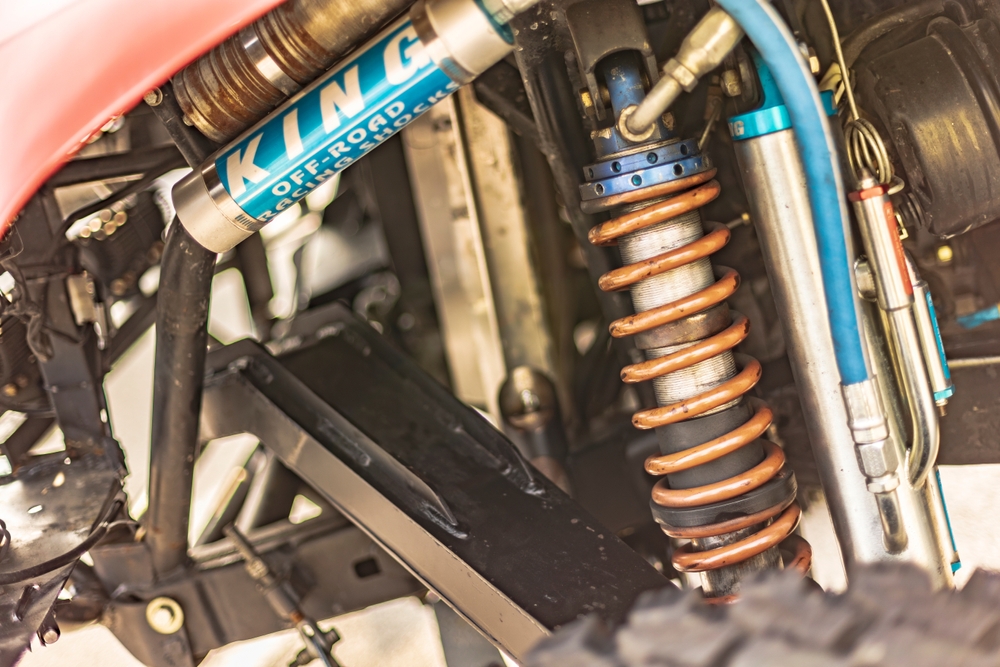
Not all aftermarket parts are designed to work seamlessly with one another. Combining products from different manufacturers can lead to compatibility issues, such as suspension kits interfering with steering geometry or tires rubbing against fenders. This requires extensive research before purchasing parts and emphasizes the importance of sticking with reputable brands that offer well-engineered, comprehensive solutions to avoid mismatched or incompatible modifications.
This article originally appeared on MyCarMakesNoise.
More from MyCarMakesNoise
25 Older Luxury Cars That Struggle in the Collector Market

When it comes to collecting classic cars, not all luxury models manage to capture the attention they deserve. Despite their elegance and high-end features, some older luxury cars struggle to gain traction in the collector market. Read More.
20 Affordable SUVs That Are Ideal for Retirees

Finding the right SUV is important for retirees who are budget-conscious. The best options offer comfort, reliability, and affordability, making them perfect for those enjoying their golden years. Read More.
20 Best Cars for Maximizing Profits as an Uber or Lyft Driver

Choosing the right car is essential for Uber and Lyft drivers aiming for success. The best vehicles combine comfort, reliability, and fuel efficiency, ensuring a smooth ride for both driver and passengers. Read More.




